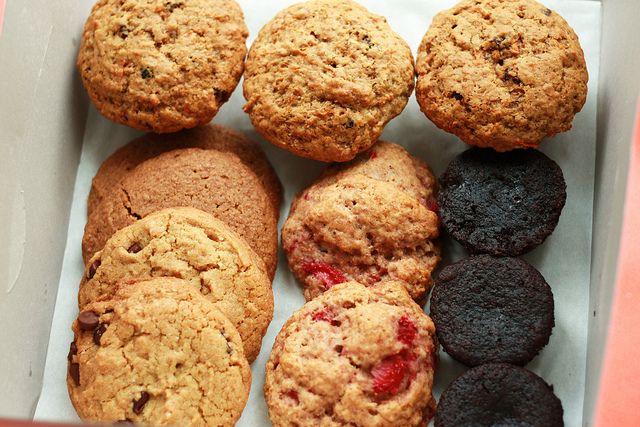
When it comes to shipping edibles with less-than-truckload, there are a few things you need to know. Luckily, your friendly freight brokers over here at FreightPros have devised a nice checklist to go through the next time you need to ship some edibles.
Follow these steps to avoid pesky additional charges, and more importantly, to make sure your food gets from where it’s at to where it’s going without getting spoiled, smashed, broken, ruined, or eaten by bears.
What kind of food are you shipping? If it’s something that needs to be climate-controlled, you’re going to need to get a reefer shipping quote. Make sure to pay attention to the time of the year, as trucks can get REAL HOT in the summer months (especially down here in Texas). If it’s more of the “drinkable” sort of edible, we’ve got you covered with how to ship beer and shipping wine.
Where is it going? The distribution of edibles through retailers such as Whole Foods and other groceries is VERY COMPLEX. You’ll need a freight broker to help you manage the PO numbers, delivery appointments, and much more. If you’re shipping your edibles someplace else, make sure you know if they have a dock, or if a liftgate or other delivery services will be needed.
Packaging is key. When you’re using LTL you’re going to want to put the shipment on a pallet. But it’s also the internal packaging that you’re going to want to pay attention to. LTL shipments move around a lot, so it’s important to compartmentalize edible packaging so that one spill doesn’t ruin the entire shipment. Use plastic wraps, bags, and other devices to keep spillage at a minimum in case of an accident.
Make sure you use the correct carrier. Though most standard LTL carriers don’t have a problem shipping edibles, it’s always good to double-check with your broker. The last thing you need is a shipment that gets stuck half-way through transit because the carrier won’t move food. If you’re shipping to distributors, you’ll need preferred carriers. Once again, check with your freight broker on that end.
Shipping edibles is a fairly common practice in both LTL and truckload shipping, as some small parcel shipping services won’t handle food or drink. Pay attention to this checklist, and get with your freight broker for specific questions like freight class.